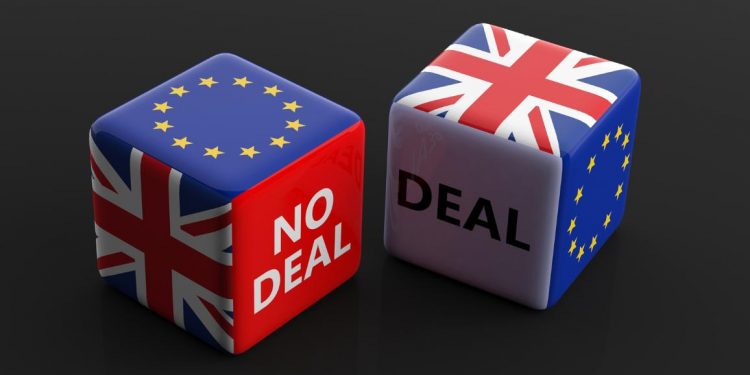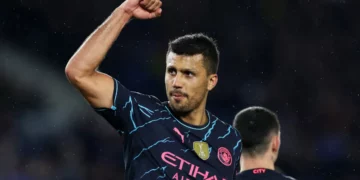With the Brexit trade talks deadlocked—again—Boris Johnson flew to Brussels on December 9th to meet Ursula von der Leyen.
By having a fish dinner with the European Commission’s president, the prime minister hoped to replicate the last-minute deal that he struck in the Brexit withdrawal treaty in the autumn of 2019 after he went for a walk in Cheshire with his Irish counterpart, Leo Varadkar.
This time it seems not to have worked. As we went to press, the two had agreed that negotiations should continue until Sunday, but the dinner failed appreciably to narrow any of the big gaps remaining.
Contrary to many reports, the most intractable of these is not over access to British fishing waters. For both sides, fisheries are politically important but economically insignificant, which should make a compromise feasible.
The biggest difficulty concerns the so-called level playing field. This is the label for the European Union’s longstanding worry that post-Brexit Britain may undercut the social, labour, environmental and state-subsidy rules that underpin its single market.
The EU’s wish to be allowed to retaliate promptly if this happens runs slap against Mr Johnson’s claim that Brexit must mean unfettered sovereignty and an absolute right to diverge from regulations that are set in Brussels.
If no compromise proves possible on the level playing field, the outcome is likely to be that there will be no trade deal in place when the transition period comes to an end on December 31st.








